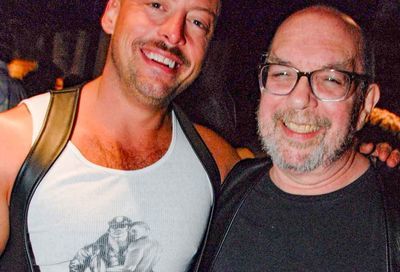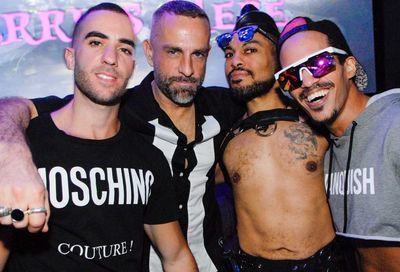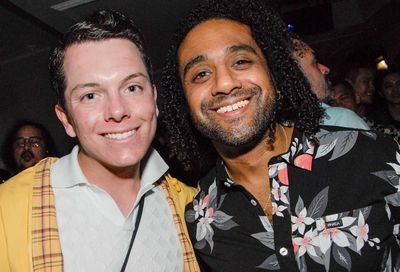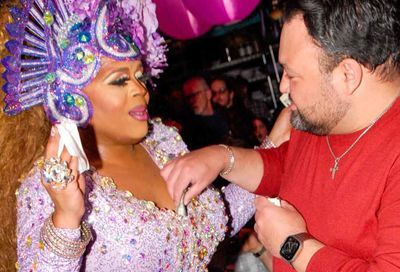Supreme Court schedules oral arguments in workplace discrimination cases for Oct. 8
Court will determine whether LGBTQ workers are protected under laws banning sex discrimination

The U.S. Supreme Court has scheduled a pair of cases involving LGBTQ workers who were allegedly fired after their employers discovered they were gay or transgender for oral arguments on Tuesday, Oct. 8.
The high court updated its docket on Monday afternoon to reflect that it will hear the cases of Altitude Express v. Zarda (which has been consolidated with Bostock v. Clayton County, Georgia) and R.G. & G.R. Harris Funeral Homes v. EEOC and Aimee Stephens.
In both cases, the court will be tasked with determining whether Title VII of the Civil Rights Act protects LGBTQ people from workplace discrimination.
Lawyers for the LGBTQ employees, including a now-deceased gay skydiving instructor, a gay county employee, and a transgender funeral home worker, maintain that Title VII should — and does — protect LGBTQ people from discrimination. In the Zarda case, the issue is whether Title VII’s prohibition on “discrimination based on sex” prohibits discrimination based on a person’s sexual orientation.
In the Harris case, there are two matters for the court to consider: 1) whether prohibitions in Title VII prohibit discrimination based on a person’s gender identity; or 2) whether Title VII protects transgender people from workplace discrimination under previous case law outlawing discrimination based on sex stereotyping, in which a person does not conform to traditional or expected gender mores.
Last week, the American Civil Liberties Union filed briefs in both cases with the Supreme Court, outlining their arguments for why the discrimination faced by Donald Zarda, Gerald Lynn Bostock, and Aimee Stephens are all forms of sex discrimination.
The U.S. Department of Justice has not yet submitted amicus briefs in either of the cases, although it previously stated that it believes Title VII’s prohibitions on sex discrimination only apply to instances in which someone is mistreated because of their assigned sex at birth.
Melissa Zarda, the sister of Don Zarda, recently penned an op-ed for Time Magazine explaining why she chose to continue moving forward with the lawsuit her brother filed prior to his untimely death. She notes that while she’d wrongly assumed that LGBTQ people were protected from discrimination under law, if the court sides with the employers and adopts the interpretation of Title VII embraced by the Trump administration, discrimination against LGBTQ people will essentially be condoned.
“The stakes couldn’t be higher. And, to be honest, I’m scared,” she writes in the op-ed. “For too many LGBTQ people, the promise of civil rights for all is not an everyday reality. I hope that when people hear Don’s story they are moved to speak up, urging the court not to roll back the rights of so many people who are just trying to do their jobs. If we are to ever achieve real equality and justice, we must continue to fight for the civil rights on behalf of Don and on behalf of LGBTQ people everywhere.”
Support Metro Weekly’s Journalism
These are challenging times for news organizations. And yet it’s crucial we stay active and provide vital resources and information to both our local readers and the world. So won’t you please take a moment and consider supporting Metro Weekly with a membership? For as little as $5 a month, you can help ensure Metro Weekly magazine and MetroWeekly.com remain free, viable resources as we provide the best, most diverse, culturally-resonant LGBTQ coverage in both the D.C. region and around the world. Memberships come with exclusive perks and discounts, your own personal digital delivery of each week’s magazine (and an archive), access to our Member's Lounge when it launches this fall, and exclusive members-only items like Metro Weekly Membership Mugs and Tote Bags! Check out all our membership levels here and please join us today!




















